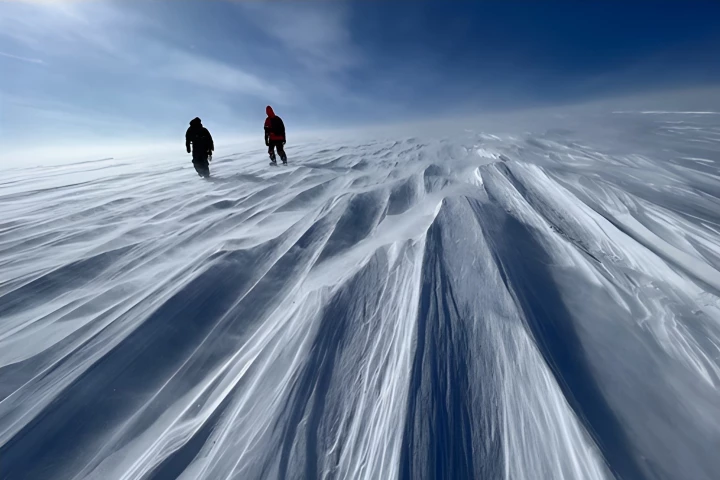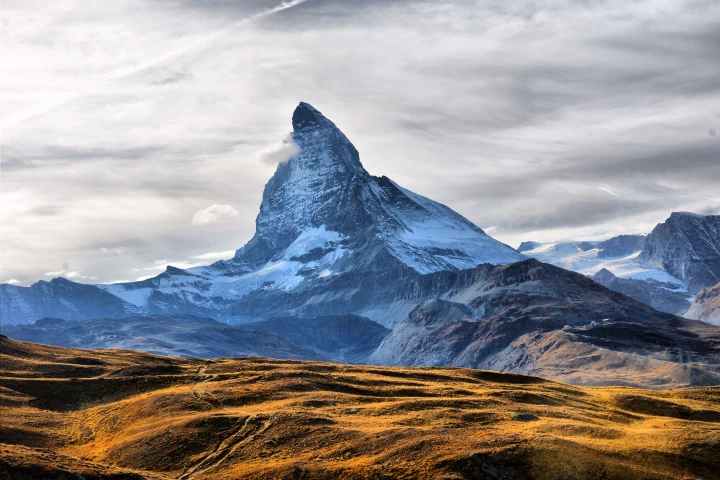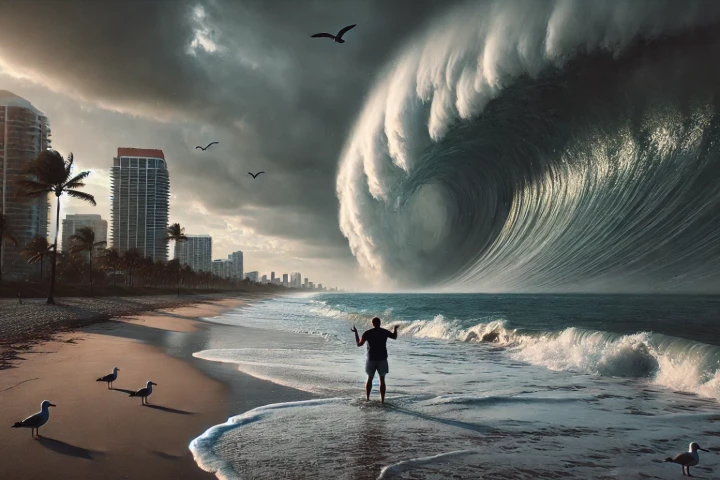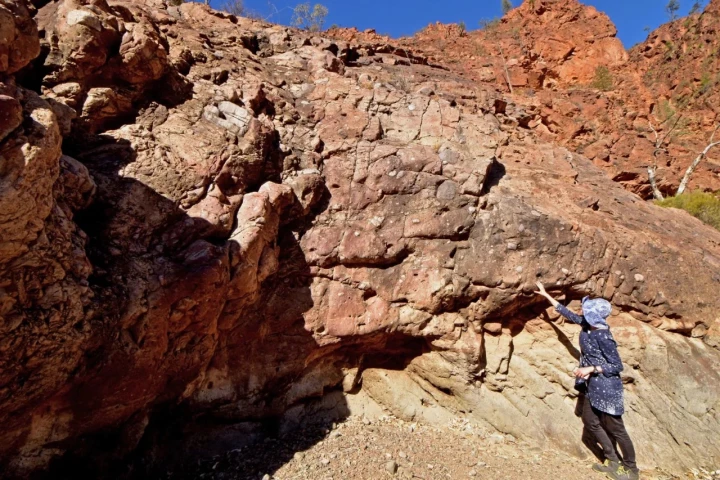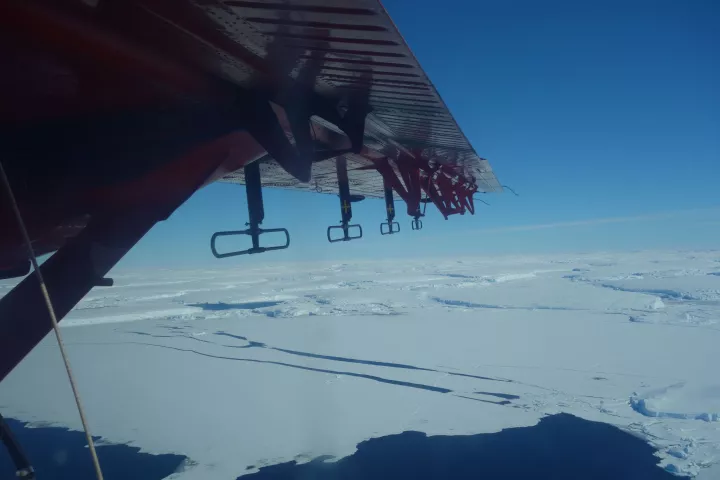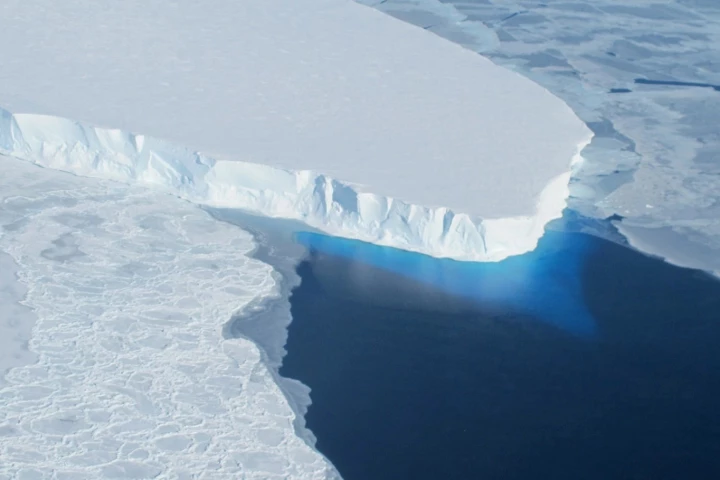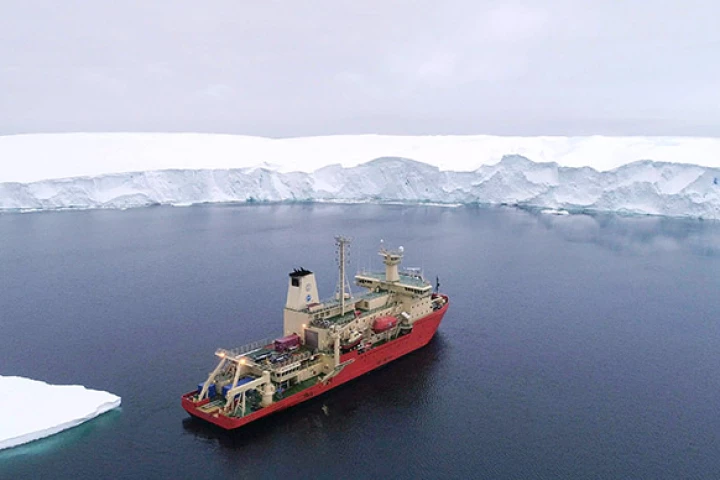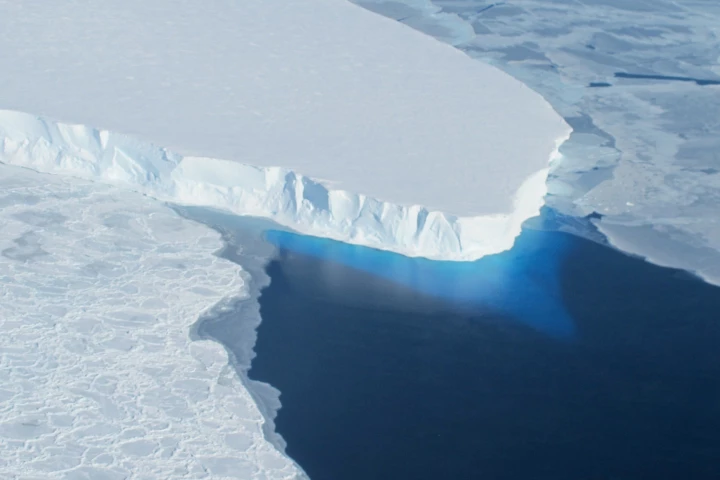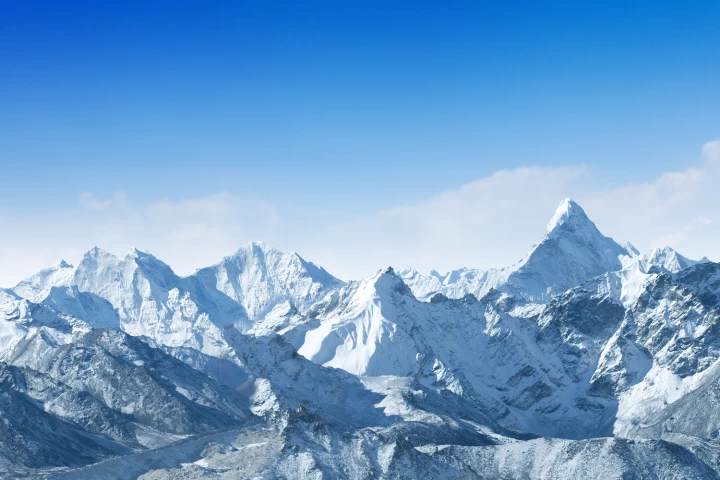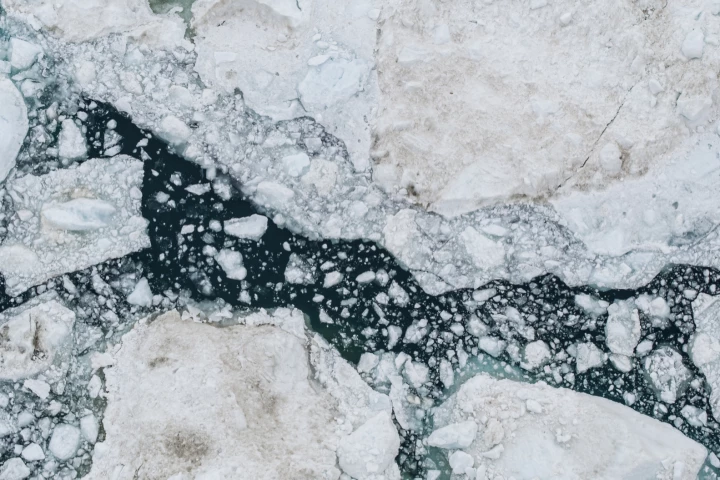glacier
-
In northwestern Greenland, researchers working on the GreenDrill project have cored through a 500-meter-thick ice dome. They found something startling: the dome completely disappeared 7,000 years ago. And it might do it again.
-
For centuries, glaciers have sat like frosty crowns atop slumbering volcanoes, keeping Earth’s fury tucked safely beneath layers of ice. But now, as climate change accelerates and glaciers retreat, the lid may be lifting, and the heat rising.
-
When the Swiss and Italian governments got together to redraw the alpine border that divides the two countries last year, due to rapidly retreating glaciers, it put into stark focus a challenge that is expected to face many nations that have natural structures that mark territories.
-
Scientists have recently warned that polar ice cap melt due to climate change might just be one of our concerns as megatsunami waves can give 330-ft-plus (100-m-plus) rise to the ocean in a matter of minutes.
-
Geologists have shed new light on Earth's built-in thermostat. They say shifting tectonic plates that slowed volcanic activity is likely what caused the extreme ice age that turned the planet into a giant snowball over 700 million years ago.
-
A bright red waterfall isn’t something you’d expect to see on the icy landscape of Antarctica, but that’s what’s pouring out from the foot of Taylor Glacier. Scientists now claim to have solved the mystery behind the crimson waters of Blood Falls.
-
A team from the British Antarctic Survey has completed the first map of the ground beneath West Antarctica's Doomsday Glacier, which is the size of Great Britain and could raise global sea levels by 65 cm (25 in) in the coming centuries as it melts.
-
A new study by Stanford University suggests that an 80-mile-wide (130-km) stream of ice in the heart of Antarctica's "doomsday glacier" may expand over the next 20 years, which would increase its ice loss and contribute to sea level rises.
-
Scientists have deployed an advanced robotic submarine to gain a new perspective on the Thwaites Glacier in West Antarctica, with the groundbreaking seafloor imagery highlighting its precarious state in concerning new detail.
-
According to a new study, two of the glaciers that make up the Antarctic ice sheet are now melting faster than they have over the past 5,500 years. Ironically, the conclusion is based on how sea levels have seemingly dropped in the region over time.
-
Scientists have collected viruses from almost-15,000-year-old ice cores, taken from glaciers on the Tibetan Plateau. Dozens of species were found to be unknown to science, which could provide an intriguing look back at the history of viral evolution.
-
The Greenland Ice Sheet is associated with a range of environmental issues, but now researchers have discovered a surprising new problem. Glacial meltwater was found to be unexpectedly high in mercury, which could end up in ecosystems and seafood.
Load More
